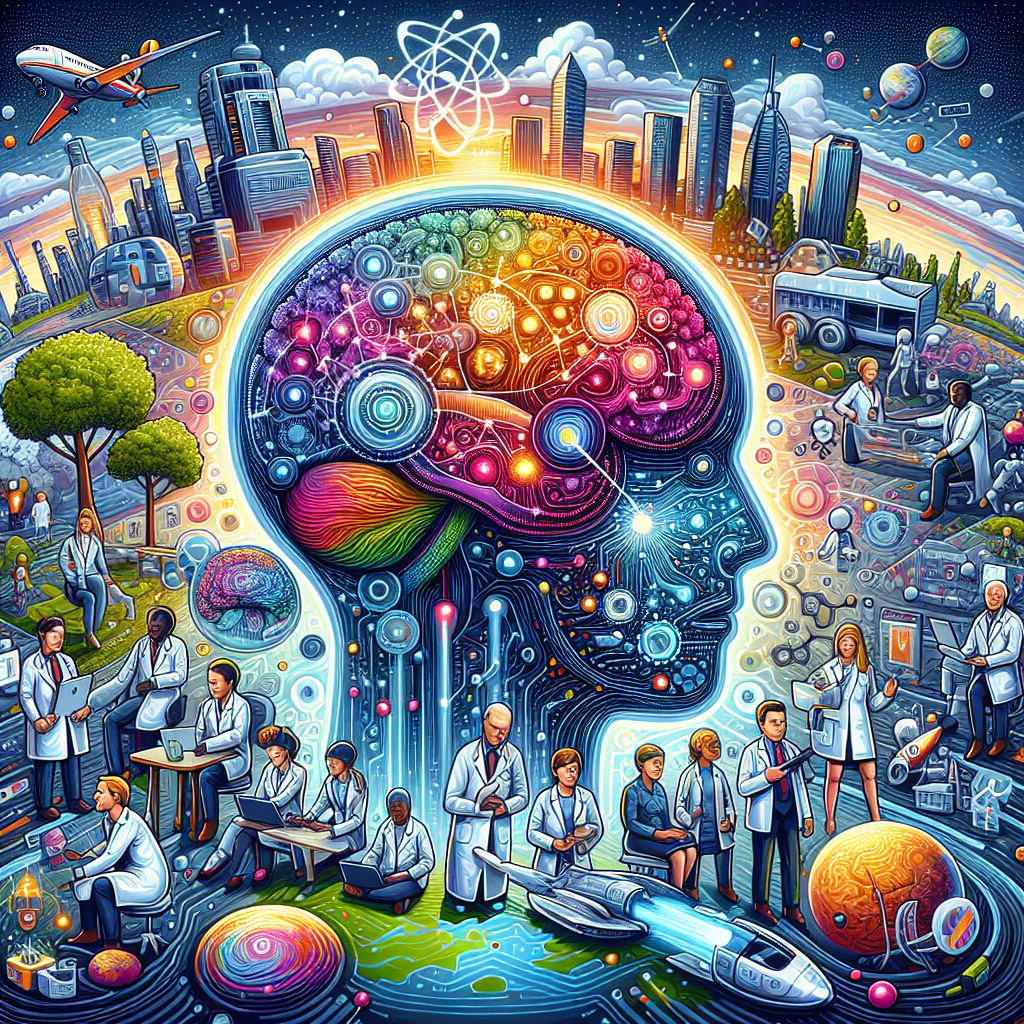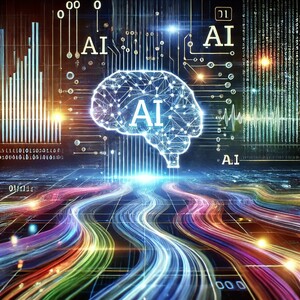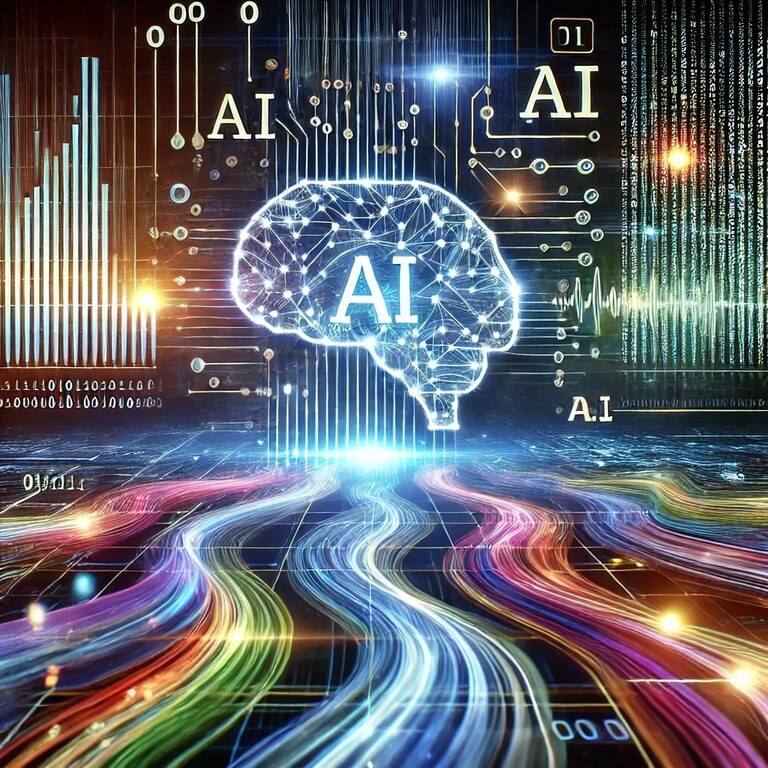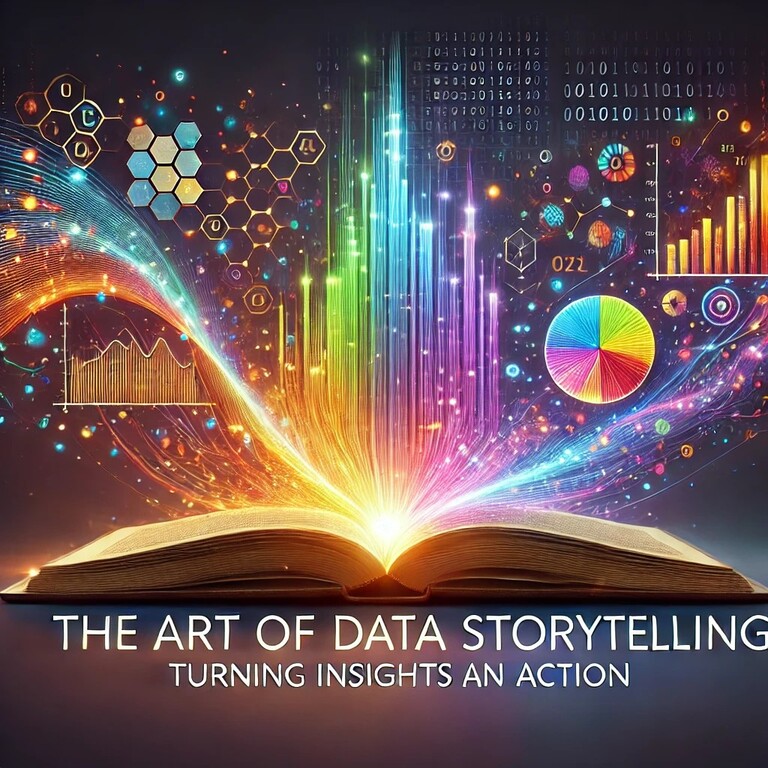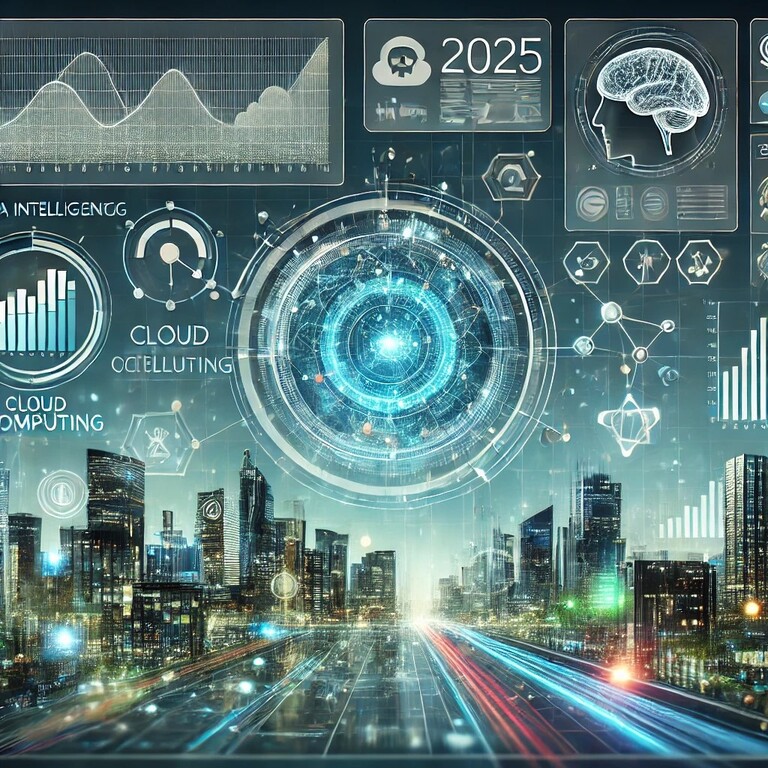In an era marked by complex global challenges—from climate change and pandemics to resource scarcity and aging populations—finding effective solutions has become a daunting task. However, artificial intelligence (AI) is proving to be a powerful ally in this pursuit. By enabling new approaches to data analysis, modeling, and problem-solving, AI is transforming how scientists and researchers tackle some of the world’s most pressing issues. This blog delves into the key ways AI is accelerating scientific breakthroughs and its potential to shape a better future.
1. The Power of AI in Scientific Research
AI, with its advanced machine learning (ML) algorithms and deep learning capabilities, can process and analyze vast amounts of data at unprecedented speeds. This capacity is crucial in scientific research, where time and data volume are often bottlenecks.
- Data Analysis and Pattern Recognition: AI excels at sifting through massive datasets to identify patterns and correlations that might be missed by human analysis. For example, in genomics, AI can analyze sequences at an extraordinary pace, accelerating the identification of genetic markers linked to diseases.
- Predictive Modeling: Machine learning models can simulate complex processes, such as climate systems or protein folding, allowing scientists to experiment with various scenarios and predict outcomes more efficiently than through traditional models.
2. Tackling Global Health Challenges
The COVID-19 pandemic underscored the critical role AI can play in global health. From accelerating drug discovery to predicting virus spread, AI-driven tools proved invaluable.
- Drug Discovery: Traditional drug development can take over a decade, but AI algorithms can scan databases of existing drugs and predict their efficacy against new diseases within weeks. Companies like DeepMind have pioneered protein structure prediction through AI models like AlphaFold, revolutionizing our understanding of biology and expediting the development of new therapies.
- Disease Detection and Diagnosis: AI-powered diagnostic tools have achieved remarkable accuracy in detecting conditions such as cancers, diabetic retinopathy, and heart disease. By analyzing medical imaging and patient data, these systems can assist healthcare professionals in making more informed decisions and earlier interventions.
3. Revolutionizing Climate Science and Sustainability Efforts
AI’s capacity for rapid data analysis and modeling is equally transformative in environmental research and sustainability projects.
- Climate Modeling: Accurate climate forecasting relies on processing huge amounts of data from sensors, satellites, and historical records. AI can enhance the accuracy and resolution of climate models, enabling scientists to simulate how different mitigation strategies might impact global temperatures or sea levels.
- Renewable Energy Optimization: By integrating AI into smart grids, energy providers can optimize energy distribution and predict peak usage, making renewable sources like solar and wind more reliable and efficient. Additionally, AI-driven predictive maintenance of energy infrastructure helps reduce downtime and resource waste.
4. Advancing Materials Science
AI is also transforming materials science, a field essential for developing new technologies and sustainable solutions.
- Discovery of New Materials: Machine learning algorithms can predict the properties of unknown materials, aiding in the discovery of substances that are stronger, lighter, or more efficient. For instance, AI can identify catalysts that accelerate chemical reactions, crucial for improving industrial processes and developing renewable energy technologies.
- Nanotechnology: By modeling interactions at the atomic scale, AI accelerates the design of nanomaterials that can lead to breakthroughs in electronics, medical devices, and environmental cleanup technologies.
5. Addressing Food Security
As the global population continues to rise, ensuring food security is becoming increasingly difficult. AI is helping agriculture adapt through:
- Precision Farming: AI-driven tools can monitor soil health, weather patterns, and crop conditions to guide farmers in making data-informed decisions about when to plant, irrigate, or harvest, ultimately boosting yields and conserving resources.
- Supply Chain Optimization: Machine learning models can predict market trends and logistics needs, reducing waste and improving the efficiency of food distribution networks.
6. Ethical Considerations and the Path Forward
While the potential of AI is immense, it is not without ethical challenges. The deployment of AI in scientific research and global problem-solving must be handled with caution to avoid biases, ensure transparency, and maintain human oversight. Collaborative efforts between governments, private sectors, and academic institutions will be essential to harness AI’s power responsibly.
Conclusion
AI is reshaping the landscape of scientific research and innovation, bringing solutions that once seemed out of reach within grasp. By unlocking new potentials in data analysis, predictive modeling, and cross-disciplinary collaboration, AI is accelerating scientific discoveries that are vital for tackling climate change, curing diseases, ensuring food security, and beyond. As we continue to refine AI’s capabilities and its ethical application, it stands as a beacon of hope for a more resilient and sustainable world.

